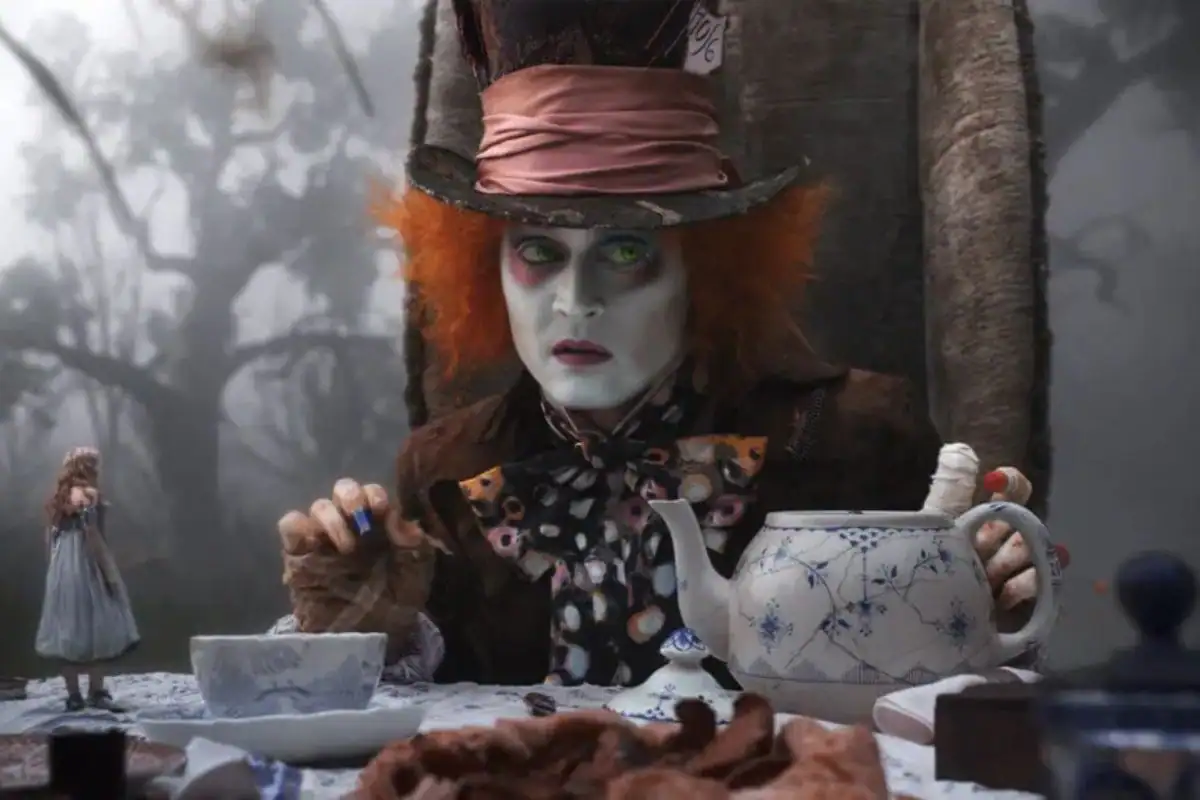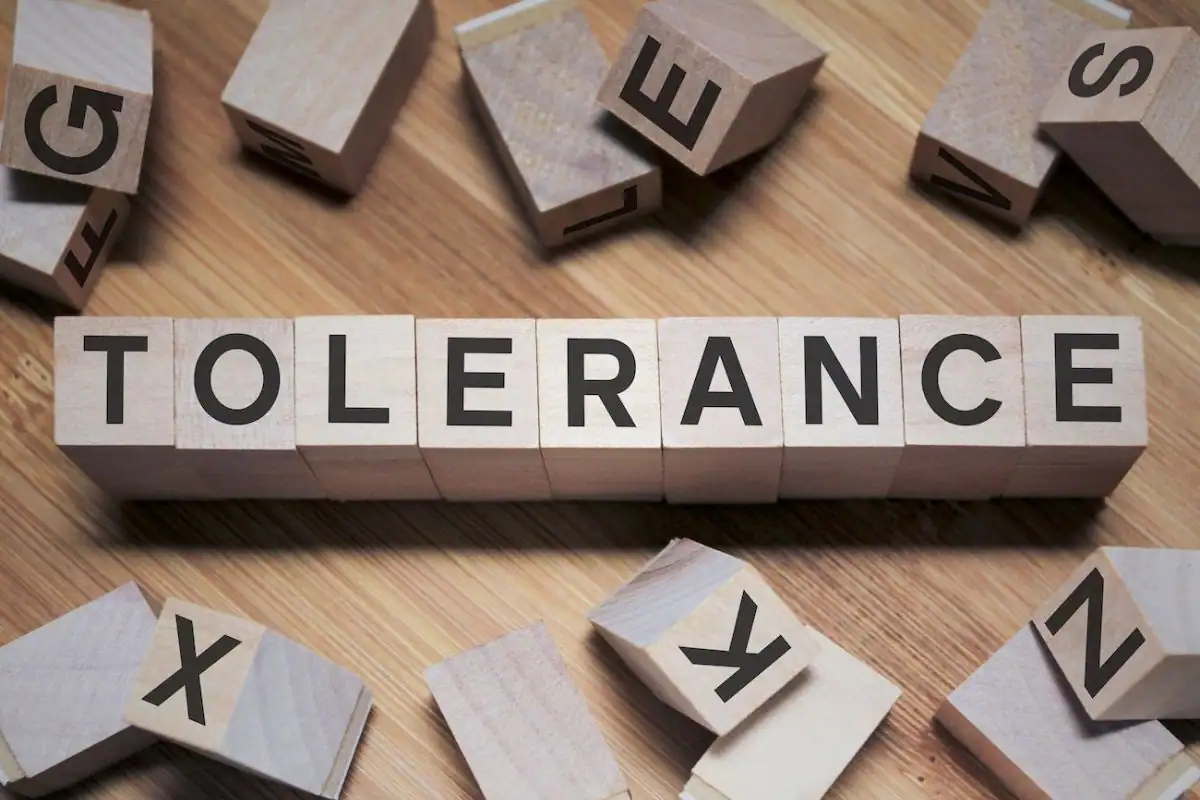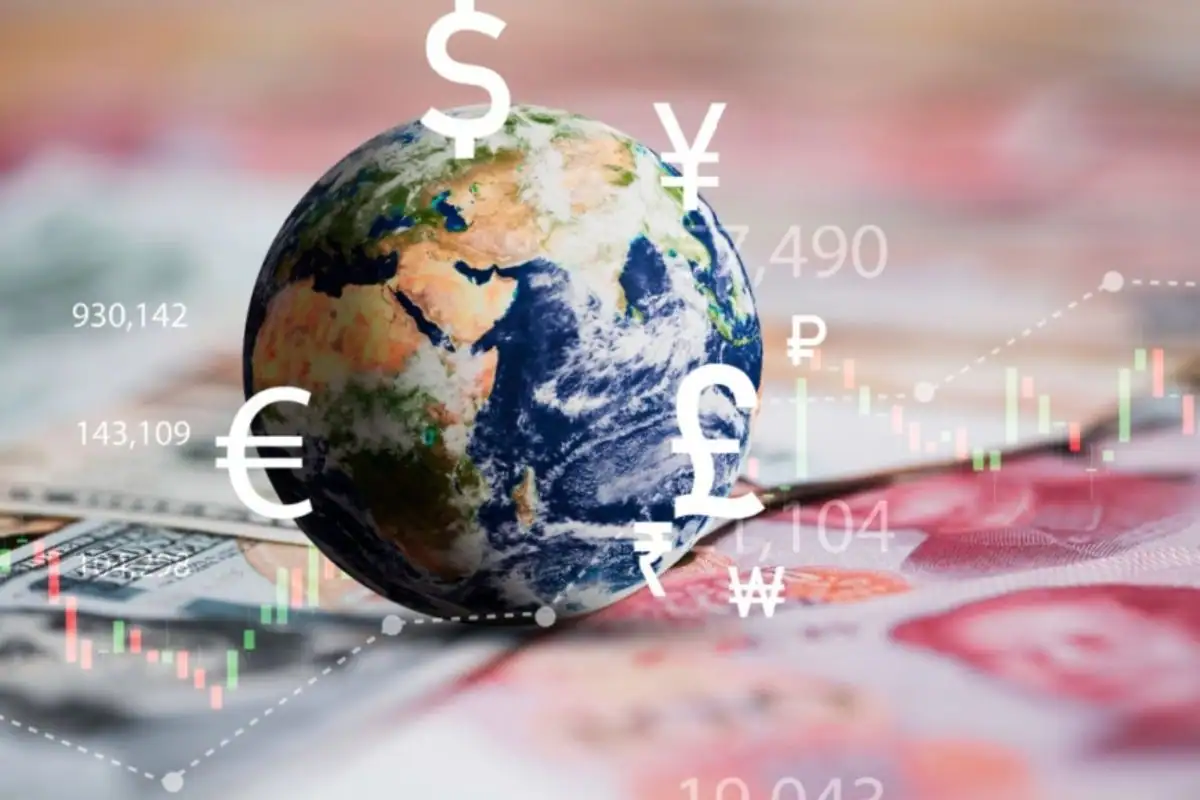Advertisement
What Are Paradoxes? A Closer Look at Logic’s Oddities
Updated: Nov 9, 2024
Advertisement
A paradox is more than just a confusing concept; it’s a powerful tool for thought. By combining ideas that seem to conflict, paradoxes help us grasp complexities that go beyond simple “either-or” choices. In today’s world, which is full of paradoxes, understanding and managing them can reduce stress and provide deeper insights. For centuries, Eastern spiritual traditions have used paradoxes to guide followers toward enlightenment. By learning to embrace paradoxes, you can move beyond rigid “yes or no” thinking and open your mind to new perspectives.
More Than Just Opposites
Defining a paradox can be tricky because it’s often described as an “unsolvable problem” or a statement that initially appears absurd or contradictory. Take the classic paradox, “This statement is false.” It negates itself, leaving us with a contradiction. But paradoxes aren’t merely self-canceling ideas; they contain deeper insights that allow us to hold two opposing ideas together and find new understanding. By exploring paradoxes, we often uncover surprising truths about the topics they address.
Advertisement
Paradoxes in Management
In management, paradoxes are valuable tools for tackling complex challenges. For instance, managers need to recognize that employees are both individuals and part of an organization—two seemingly contradictory roles. By acknowledging this duality, managers can better support their team members, balancing personal needs with the goals of the organization. Embracing paradoxes like these helps managers handle workplace dynamics more effectively.
Advertisement
Zen and Paradox Meditation
Buddhist and Taoist traditions view paradoxes as gateways to mental freedom. Through Zen Koans—seemingly unanswerable questions like “What is the sound of one hand clapping?”—practitioners learn to move beyond linear thinking. These paradoxical riddles encourage the mind to release its attachment to logical constraints, making space for a more liberated, expansive form of awareness.
Advertisement
Paradoxes in "Alice in Wonderland"
InAlice in Wonderland,Lewis Carroll’s writing is full of paradoxes that challenge conventional thinking. Statements like “I can’t go back to yesterday because I was a different person then” illustrate how paradoxes can shift our perspective. Carroll’s quotes remind us that not all questions have clear answers, and sometimes, the journey matters more than the destination.
Advertisement
The Paradox of Tolerance
In 1945, philosopher Karl Popper introduced the paradox of tolerance, highlighting the need for a tolerant society to also tolerate intolerance to a certain extent. However, he warned that unchecked intolerance could destroy tolerance itself, so a balance is essential. This paradox urges us to consider how we maintain open societies without allowing harmful ideas to take root.
Advertisement
The Paradox of Freedom
Karl Popper also described the paradox of freedom, noting that absolute freedom can ultimately lead to a lack of freedom. Without any controls, a bully might overpower a weaker person, removing the latter’s freedom. This paradox illustrates why freedom requires balance to prevent one person’s liberty from infringing on another’s.
Advertisement
The Economic Paradox of Value
The paradox of value in economics reveals a curious contradiction: though water is essential for life, it is far less valuable than diamonds. This apparent inconsistency is explained by supply and demand—if water were as rare as diamonds, it would likely be just as valuable. Until then, this paradox serves as a reminder of how value isn’t always linked to necessity.
Advertisement
The Paradox of Choice
InThe Paradox of Choice, psychologist Barry Schwartz explains how more options don’t necessarily bring more happiness. While autonomy and choice are vital to well-being, having too many options can lead to stress and decision fatigue. This paradox highlights the importance of balance, showing that sometimes, less is more.
Advertisement
Paradoxical Behavior and Machine Learning
Paradoxical behavior—actions that don’t match prior experiences or expectations—presents unique challenges in machine learning. When a machine encounters behavior that defies its programming, it prompts researchers to broaden the context, considering other factors that might influence these actions. Paradoxes like these help improve the adaptability of artificial intelligence by encouraging a more holistic view.
Advertisement
Paradoxical Interventions in Therapy
In psychology, paradoxical interventions are techniques that achieve positive outcomes in unexpected ways. For example, a therapist might tell a client who struggles with procrastination to procrastinate deliberately. By “prescribing” the problem behavior, paradoxical interventions reveal the individual’s control over their actions, helping them better understand and eventually overcome the behavior.
Advertisement
Scroll downfor the Next Article
.png)




